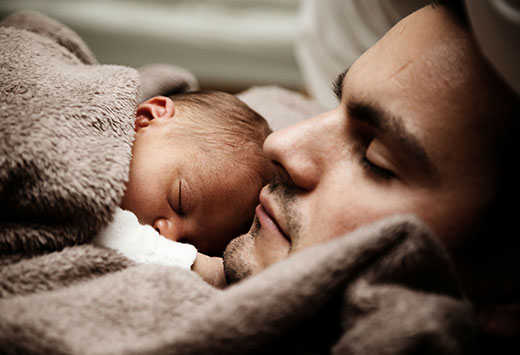Deciding to adopt a child is an exciting time for prospective parents. They may envision taking family trips, setting up their room, or even taking their child to the park. However, the decision to adopt isn't free of possible complications, especially when the biological parents have experienced some form of trauma or adverse circumstances. Unfortunately, some babies that are placed for adoption are HIV positive.
There is such a mystery surrounding HIV that the lack of accurate information is often painted with rumor, strife, and stigma. This makes some parents apprehensive about the journey at hand. However, with recent medical advancements and research, raising a child with HIV is no longer a death sentence.
If you're considering adopting an infant with HIV, let's consider a few tips and tricks that'll alleviate stigma and help you and your child to live a happy and healthy life.
How to Treat Cuts and Bruises
While HIV is commonly transmitted through the bloodstream, there is no need to overreact when your child gets hurt, even in the presence of other children.
While the risk of transferring the virus when exposed to large amounts of blood is still present, it shouldn't be a need for bells and whistles. If your child is playing on the playground and gets injured, simply treat it like you would any other cut. Use best health practices like gloves and protection when cleaning the wound.
How to Handle Common Colds
HIV attacks the immune system and makes individuals exposed more susceptible to the cold and flu. Therefore, it's best to keep your child protected when you hear of something going around. You would hate to expose them to something that may hit them harder than most children.
Should We Schedule More Doctors Visits?
When a child is diagnosed with HIV, it's best to find a qualified doctor you can trust and go to with questions. Since medicinal practices have come a long way, the need for regular doctor visits is cut down dramatically. However, it is wise to keep your child on a consistent schedule to make sure they don't need any additional attention.
Will My Child Live a Long Life?
HIV is no longer the death sentence it used to be. A child can live a happy and fulfilling life without this virus cutting their years short. As long as you keep the child on their routine medication, they're able to maintain their quality of life.
Should I Tell Others?
Some preschools or educational facilities require parents to let them know if their child has HIV or AIDS. In that case, yes, it is necessary to inform them. While it isn’t required to to so in most other circumstances, it would help to alert possible caregivers of best practices and medication schedules just to keep the child's health at the forefront.
When parenting parenting a child with HIV, there are several precautions that should be taken to keep the child happy and healthy. However, remain positive, keep them on their medication and treat them like you would any other child.




